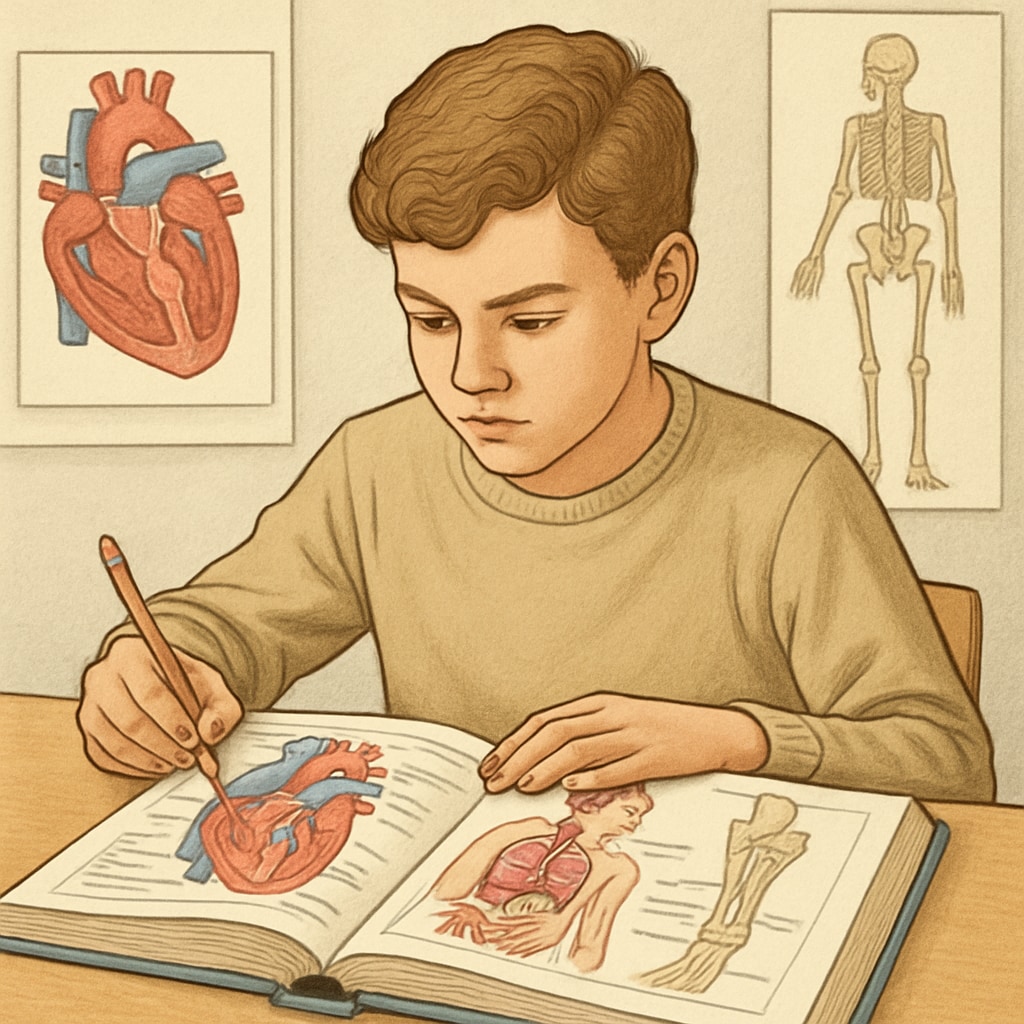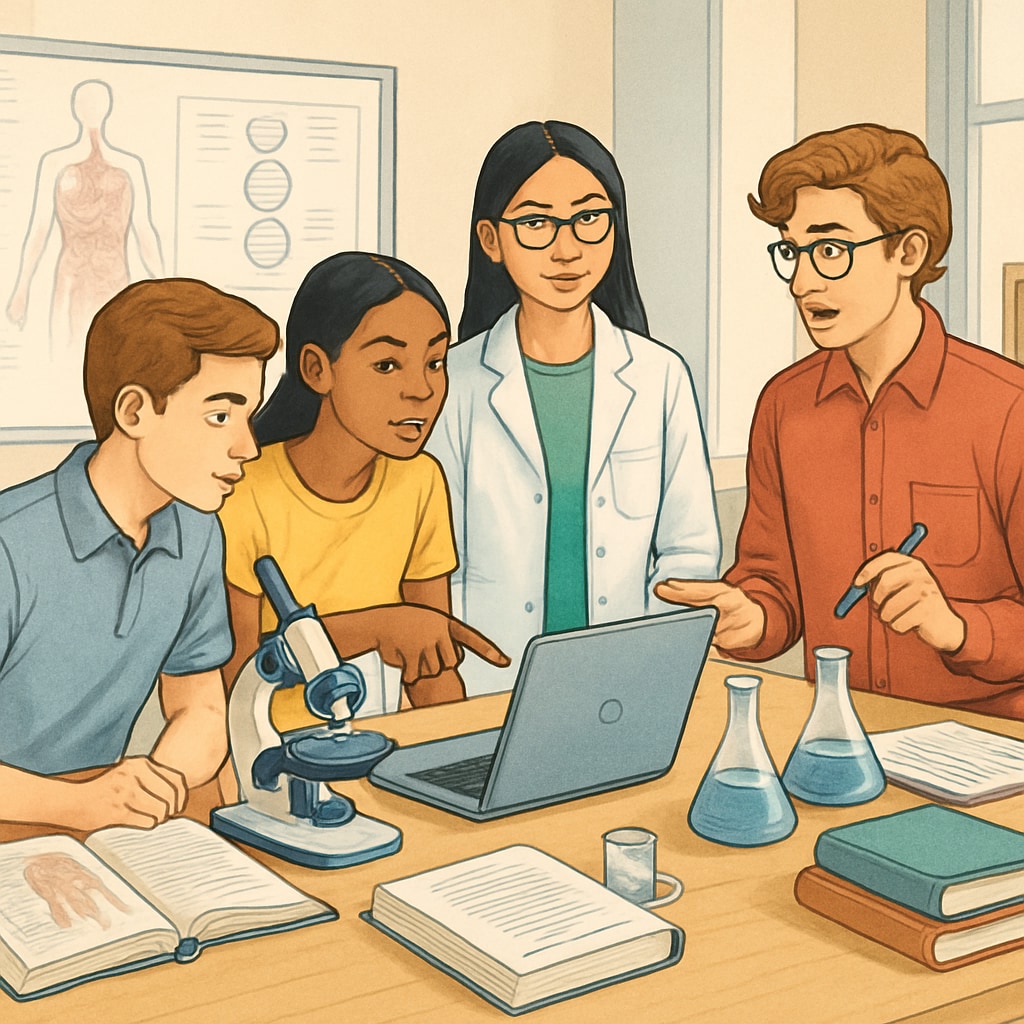For academically gifted K12 students with aspirations to pursue careers in medicine, particularly in specialized fields like neurosurgery, the journey to success often requires more than what traditional education systems can provide. While conventional schooling excels in standard academic testing preparation, it frequently falls short in offering in-depth, specialized resources to meet the nuanced needs of these high-achieving students. This article explores the challenges these gifted learners face and provides actionable strategies to ensure they receive the learning support they need to thrive.
Challenges in Traditional Education for Aspiring Neurosurgeons
Traditional education systems are designed to cater to the average student, focusing on general academic testing and curriculum benchmarks. While this structure is effective at building foundational knowledge, it may lack the flexibility and depth to nurture the potential of students with exceptional academic abilities and ambitious career goals. For example, an aspiring neurosurgeon may require exposure to advanced biological sciences, medical ethics, or even hands-on experiences, which are rarely integrated into a standard K12 curriculum.
Moreover, the standardized nature of traditional schooling often limits opportunities for students to explore their interests in specialized fields. This can result in a gap between the students’ academic capabilities and their exposure to real-world medical challenges. As a result, gifted students may feel under-stimulated, leading to disengagement or a slower progression toward their long-term goals.

Key Educational Resources for Gifted Medical Students
To bridge the gap between traditional education and the specialized demands of medical careers, aspiring neurosurgeons must have access to tailored resources that go beyond the classroom. Below are some critical resources and strategies:
- Advanced Placement (AP) or International Baccalaureate (IB) Programs: These programs allow students to dive deeper into advanced topics such as biology, chemistry, and physics, providing a strong foundation for future medical studies.
- Online Learning Platforms: Platforms like Khan Academy, Coursera, or edX offer specialized medical courses, including anatomy and neuroscience, which are invaluable for students exploring medical careers.
- Mentorship Opportunities: Pairing students with professionals in the medical field can provide insights into real-world applications and career pathways.
- Research Internships: Collaborating with universities or medical institutions during summer breaks can offer hands-on experience in lab settings, fostering a deeper understanding of medical science.
By integrating these resources into their learning journeys, students can gain a head start in understanding the complexities of medicine while remaining engaged and challenged academically.
Building a Supportive Ecosystem for Academic Excellence
Educational institutions, parents, and policymakers all play crucial roles in creating an environment where gifted students can thrive. Schools should consider offering specialized tracks for students interested in medicine, incorporating advanced coursework and extracurricular activities such as science fairs or medical clubs.
Parents can support their children’s aspirations by encouraging curiosity and seeking out supplemental resources such as books, documentaries, and workshops. Additionally, policymakers should advocate for funding initiatives that provide scholarships and grants to gifted students for attending specialized programs.
For example, organizations like the Britannica Foundation and Wikipedia’s Neurosurgery Portal offer valuable information and tools for young minds eager to learn more about the field of medicine. By leveraging such resources, students can access a wealth of knowledge that complements their traditional education.

Conclusion: Bridging the Gap Between Potential and Opportunity
In conclusion, academically gifted students aiming for careers in medicine, particularly neurosurgery, require more than the conventional education system can provide. By recognizing and addressing the limitations of traditional schooling, we can ensure that these students have access to tailored resources, mentorship, and real-world experiences that align with their aspirations. Through a collaborative effort involving educators, parents, and policymakers, we can empower the next generation of medical leaders to achieve their goals with confidence and competence.
As a result, the journey from academic testing to professional excellence becomes not only achievable but also deeply fulfilling. Supporting these students today ensures a brighter future in the ever-evolving field of medicine.
Readability guidance: This article uses short paragraphs and lists to enhance readability, maintains an active voice, and incorporates transitions to ensure a smooth flow of ideas. Images are positioned to visually support the text, and external links provide credibility and additional resources for readers.


